Last updated on June 10, 2025
A film by Cédric Klapisch
With: Suzanne Lindon, Abraham Wapler, Vincent Macaigne, Julia Piaton, Zinedine Soualem, Paul Kircher, Vassili Schneider, Sara Giraudeau, Cécile de France, Olivier Gourmet
Brought together by the unexpected inheritance of an abandoned house in rural Normandy, four cousins discover they share a mysterious family history. In 1895, their ancestor Adèle, then aged 21, leaves her hometown to search for her mother in Paris. She discovers a city on the cusp of modernity, bustling with new-found avant-garde creativity, with the rise of photography and the birth of Impressionist painting. As her descendants retrace her steps, they unravel Adèle’s surprising past. The two timelines of 1895 and 2024 intertwine and collide, confronting the cousins’ contemporary attitudes with life in late 19th century Paris, leaving everyone’s future forever changed.
Our rate: **
As was already the case with Rise, Cédric Klapisch seems to be sending a message to critics, the press, and the public, asking them to reconsider his past films and to reconsider him as a filmmaker who is not just popular, but above all a filmmaker who is interested in offering his audience effective entertainment, not ashamed to indulge in “popular” cinema, and loyal to his audience as he draws them into a generational sequel, recounting slices of life that most French people have experienced, in contrast, for example, to the elitism of some of his peers in the 1990s (one thinks, of course, of the elitism of a Desplechin, and the general disenchantment of young cinema in the 1990s, which, like the New Wave, often featured protagonists from the bourgeoisie), but who is nonetheless sensitive, far from it, to the question of art in general, and painting in particular, and who knows how to share his personal reflections intelligently with the widest possible audience, without condescension. He is a filmmaker who seeks to offer cinema and ventures into films that are less accessible, more intelligent, but just as sincere, and who seeks to tackle a perilous stylistic exercise reserved for the most skilled and rigorous: the costume drama. The setup of Colours of Time proves surprisingly long-winded for a director who generally has a keen sense of rhythm (in comedy, more specifically). By introducing us one by one to several members of a reconstituted family (a recurring theme in his comedies, Klapisch‘s family very often includes friends, reminding us of Sautet‘s attraction to films in which the collective played an essential role, before the intimate took over in the second part of his career, before he dared to paint a much more individual portrait, completely independent of any collective). He is slow to launch his plot, but does not fail to slip in a few positive thoughts, a form of natural optimism that is sometimes annoying, filled with good feelings that nothing could really contradict or tarnish. However, the stylistic exercise proves to be rather attractive from a technical point of view, with the care taken over the sets and costumes rivalling the classics of the genre (such as Tavernier, Claude Berry or even Alain Corneau, for example, other filmmakers once attached to popular cinema) and keeping the viewer alert despite the lack of narrative twists and turns. But this setup also has another appeal, precisely in terms of the narrative, and the daring gamble that Cédric Klapisch takes, which Claude Lelouch in his prime would not have disowned, of confronting and intertwining two eras (Jesus is a french gypsy!), of constructing a plot step by step, element by element, betting on patience, but also on the viewer’s appetite to learn step by step about each character’s identity, about the mystery or secret that sets the family in motion, while relying on the actors’ ability to bring a touch of humor that easily helps to classify their characters socially and humanly (the delightful and eclectic Vincent Macaigne, the touching, humble, and unifying Zinedine Soualem, the sensitive and classy Suzanne Lindon, the very comfortable Kircher, awkward both literally and figuratively, the magnetic Vassili Schneider—like his two brothers, of whom he seems to be the perfect middle child—and the unrecognizable Cécile de France and Olivier Gourmet). With Rise, we sensed Cédric Klapsich‘s need to try his hand at a form and content that were relatively new to him, and we already felt a need for recognition, which a festival like Cannes had always denied him until then. Colours of time continues this aspiration, and even though it was presented in a special screening, the film is well worth many of the films in the Cannes Première selections, or even a Certain Regard selection, and the preview screenings confirm this: audiences connect with it and happily embark on a journey through time and a look in the rearview mirror (more than a century ago) put into perspective with our own era.

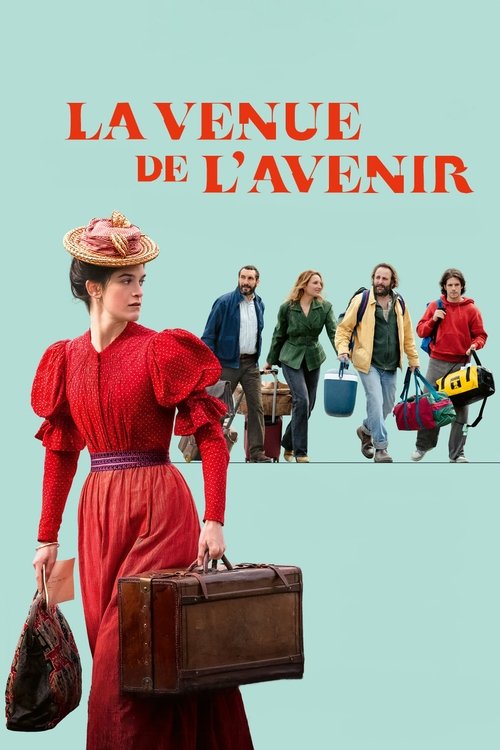

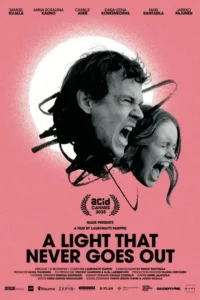
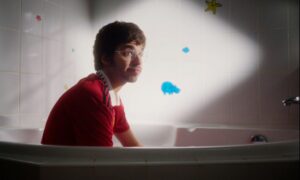
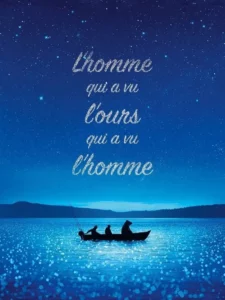



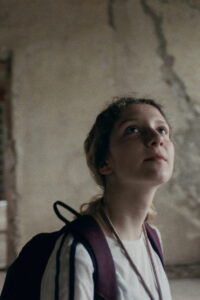
Be First to Comment